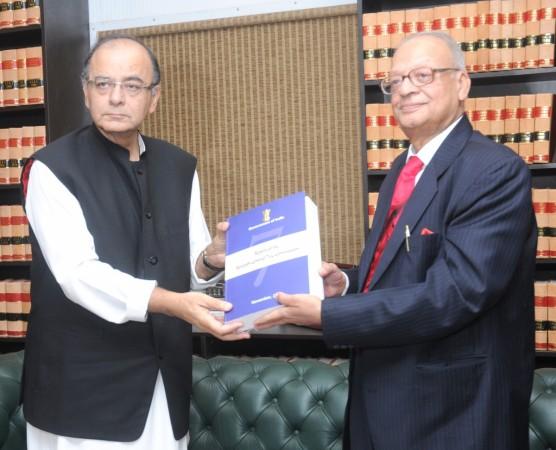
In Union Budget 2017, Prime Minister Narendra Modi and finance minister Arun Jaitley seems to have played safe by refraining from making any reference to raising allowances of Central government employees as recommended by the 7th Central Pay Commission (CPC). Probably, the government did not want to incur the wrath of the Election Commission of India in view of the upcoming Assembly polls to the five states.
While the hike for the salary component was announced and implemented last year, the government preferred to appoint a committee to look into proposals pertaining to allowances before taking a decision.
The CPC examined 196 allowances and gave its recommendations on abolishing or raising some of them while recommending others to be subsumed with other perks. It had proposed 138.71 per cent hike in HRA and 49.79 per cent for other allowances, while submitting its voluminous report in November 2015.
The recommendations of the 7th CPC cover 47 lakh Central government employees and 53 lakh pensioners, of which 14 lakh employees and 18 lakh pensioners are from the defence forces.
The model code of conduct could have prompted the Modi government from any misadventure to escape allegations of giving sops to voters on the eve of elections via the pay commission recommendations.
The specific provisions of the Election Commission of India's Model Code of Conduct are reproduced below:
Party in Power
The party in power whether at the Centre or in the State or States concerned, shall ensure that no cause is given for any complaint that it has used its official position for the purposes of its election campaign and in particular–
Ministers and other authorities shall not sanction grants/payments out of discretionary funds from the time elections are announced by the Commission; and (vi) From the time elections are announced by Commission, Ministers and other authorities shall not – (a) announce any financial grants in any form or promises thereof, make any ad-hoc appointments in Government, Public Undertakings etc. which may have the effect of influencing the voters in favor of the party in power.








